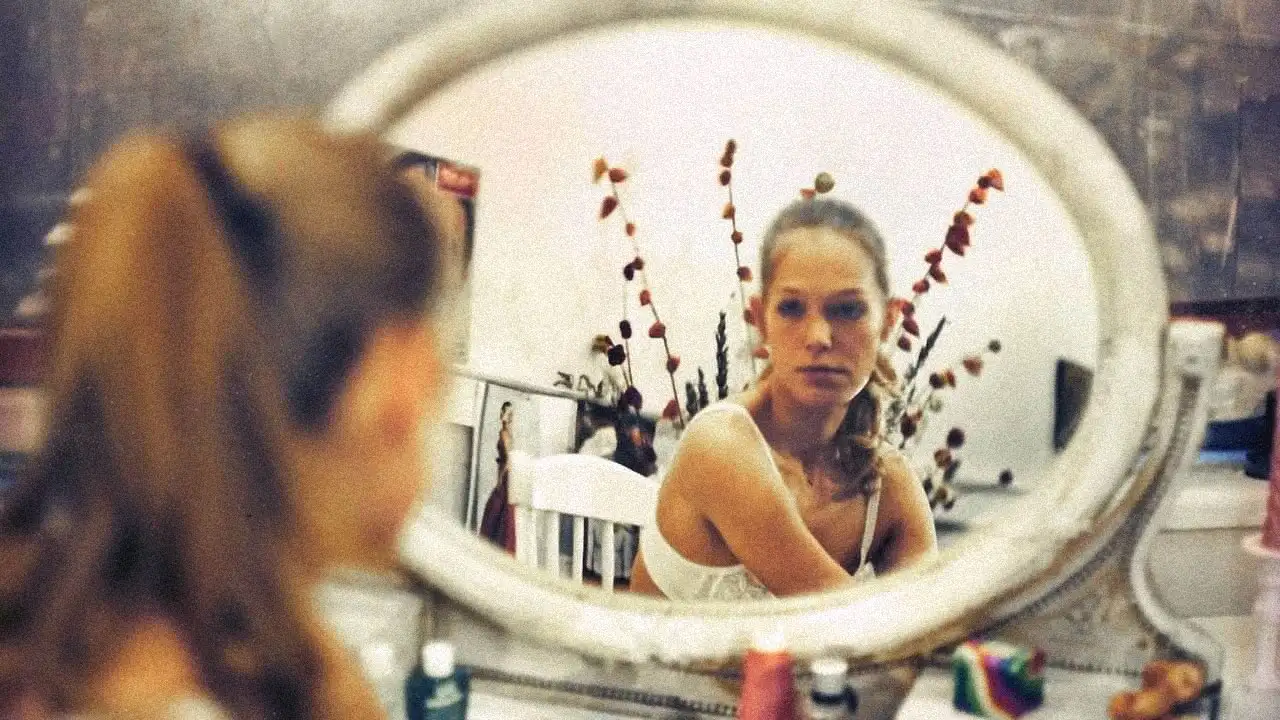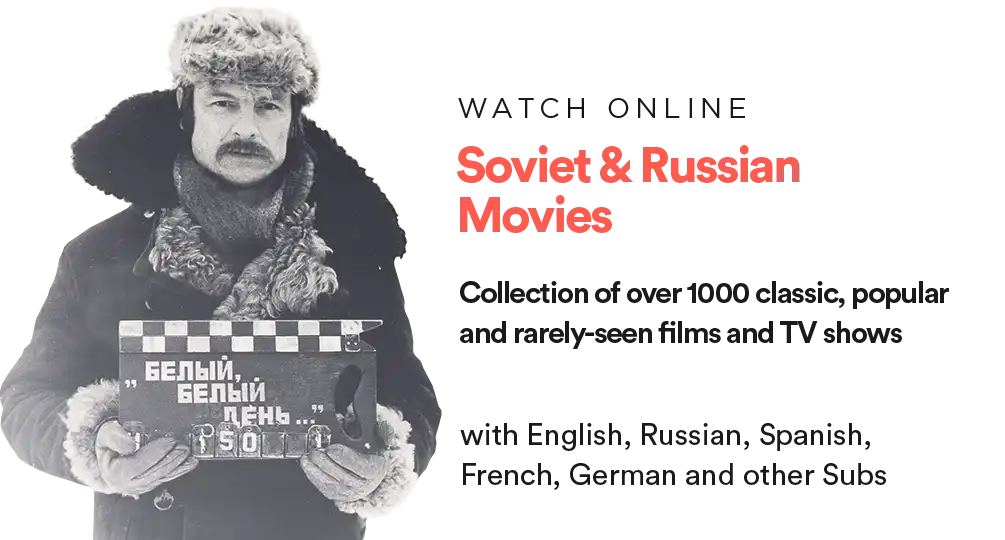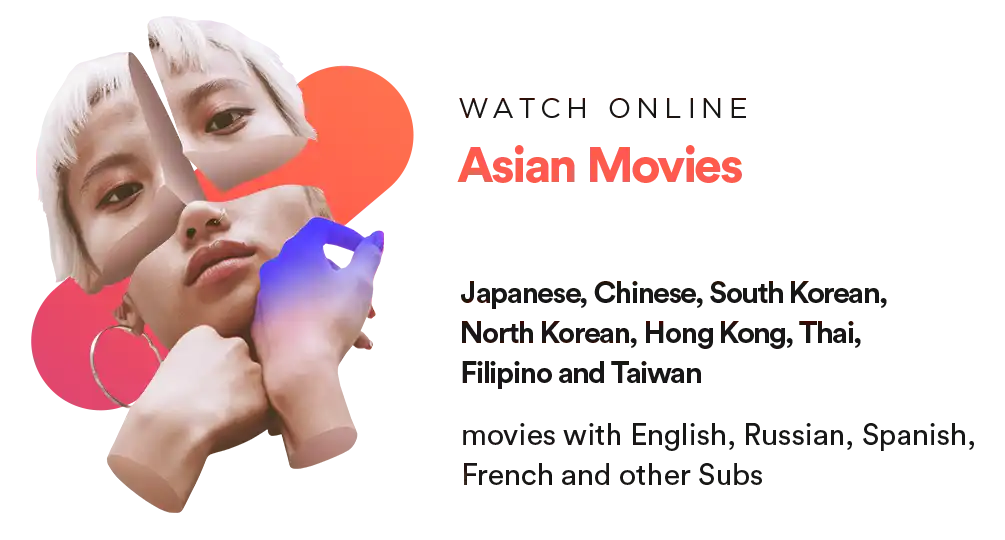Laughter through the tears in the film “Hunting Flies” by Andrzej Wajda
17.02.2024

Table of Contents:
- Polish Film School
- Wajda — the ruling class of Polish filmology
- Haunting Flies — a trap that only people fall into
- Flies — a relation to the world of the inanimate, soulless
- The Woes of Wit — the beginning of a great fall
- Conclusion
Polish Film School
After October 1956, the situation in Poland changed significantly. The first films of the new era of Polish socialism appear along with the first tunes of The Internationale. From the cinematic idea of a bright future at the beginning of socialism to films with emotions of deep disappointment and hopelessness afterwards, the Polish film school in the period from 1956 to 1959 discovered the path of modern cinema and fought for its artistic autonomy. This wave of freedom with a subjective approach to the script and cinematographic avant-garde soon encountered numerous restrictions. The change in the political climate, the reconstruction of older film productions and silenced experimental innovations led to the reign of mediocrity and the extinction of the Polish School. In the mid-1960s, the Polish film industry seemed to be on the edge of Eastern European cinema. The Polish school was rejected by many because of its negative attitudes and the new society had not yet found a replacement for the cinematographic support for the creation of new films. The silence was finally broken — by the famous Polish director Andrzej Wajda with his renewed thought and artistic awakening.

Wajda — the ruling class of Polish filmology
Wajda’s film “Hunting Flies” is considered by many to be a transitional creation between two waves – Wajda’s two significant cinematic ascents. Recorded after the famous films “Kanal” and “Ashes and Diamonds” and before the cult classics of Wajda as an already mature and accomplished director such as “Danton”, “Man of Iron” and “Man of Marble”… — this film captures the essence of various social movements, artistic trends, dramatic periods and literary templates.
Haunting Flies — a trap that only people fall into
The film follows Włodek (Zygmunt Malanowicz), a young man trapped in an emotional and rational space reminiscent of a bunker. His work in the library, life in a small apartment with his wife and her peculiar and unbearable family, the monotony and everyday life is interrupted by a meeting with Irena (Małgorzata Braunek), a student at the Polish University. That blonde with big round glasses that look like the eyes of a fly soon bewitches Włodek with her appearance and expression. She finds “Masculinity, roughness and sensitivity inside” Włodek and compares him to a “Western character produced by infantile pop culture.” That’s where their affair begins and where — the director Wajda, for the first time in his career, places a female character in the centre of the action — showing the motive of a woman as a destructive principle. She creates in her imagination a large picture of a small man, striving to become the individual who hides behind the artist. A farce unfolds on the movie screen. The personal tragedy of a hero who is not in control of his life causes the romantic myth to crumble into dust and ashes. Faced with unfulfilled longings and life’s disappointments, Włodek falls into the spider’s web of Irena’s ambitions, into a vortex of great ideas and illusions of a better life, from which he can only escape through absolute destructiveness. The film’s essence is shown through the characters. Closed environments symbolize a lack of freedom.

The whole world has been reduced to two archetypes, the oppressors and the oppressed, who are constantly switching their roles. Wajda never doubted the correctness of the socialist system — but with this film as a resemble of his time, he asserts that man has the right to freely choose his own life and demand a social conditions that would turn that into something taken for granted.
The fate of the hero, in the cogs of history in motion, is shown through his tragedy of deep inner incapacity and vanity. The genre of satirical comedy, which Wajda tried out for the first time through his typical streak of protagonist introspection, cuts the cornerstone of a world where people are compared to flies.
Flies — a relation to the world of the inanimate, soulless
The film shows triviality, shallow banality and mediocrity in the function of — composing the present. The main characters are overly ordinary people without any spiritual needs, which, even when they find themselves in front of longing for a higher goal — sink into even deeper abysses of dissatisfaction or meaninglessness. Such mediocrities, satisfied or complacent, just like in “Dead Souls” by Nikolai Gogol, become people-flies who get lost in swarms of various shades and meanings. In moments of family intrigue, vain dialogue on the one hand, and social gatherings with the aim of gaining insignificant connections on the other, people move and buzz like flies that land on white sugar in droves and fly off to who knows where, only to return soon. In front of us are the souls of living — but soulless, morally and spiritually void people-flies. “All of them are an unnecessary burden on the earth” — as the hero of Gogol’s novel (landlord Sobakevich) rudely says. Gogol foresaw that in modern society, in city anthills where there is a great rush, often barren because it is a question of false pace, senseless movement and apparent sociability, there will be more and more swarms of people-flies — less and less spirituality and moral feeling, and more and more race for material values and lucrative positions. Therefore, even with Wajda himself, Irena’s fly-like eyes of glasses and Włodek’s father-in-law’s obsession with devices and glues for catching flies are no coincidence. The author of the film had to contrast the stagnant atmosphere in which fly-people rule to longing for an ideal.
The Woes of Wit — the beginning of a great fall
“I was suspended in 1955 and I haven’t come back. I was told to write an essay “Griboyedov — the Shakespeare of Russian literature”. So in English class I wrote “Shakespeare — the Griboyedov of English literature”. ” — these are the words of Włodek explaining the moment when everything in his life went downhill. This is not a coincidence. Griboyedov, as the writer of the first realistic drama in Russian literature, is very intentionally positioned in the film, indicating the inevitable fate of the protagonist’s well-known path of an illusionary existence. Namely, in his capital work, the play “The Woes of Wit”, Griboyedov contrasts the old conservative society with the first offshoots of a new society that advocates a radical change of old understandings and relationships. The clash of two opposite views of the world, two ideologies and concepts of social development. The theme of social movements in the interior of a state and — in Wajda himself as well as in Griboyedov — sheds light on new liberal movements. With this procedure, the author very thoughtfully tried to realize some principles of a realistic approach, although realism in Russia during Griboyedov’s time was a distant image, as and with Wajda, whose first stage of creationism is defined as an era of romanticism due to its marked subjectivism and emotionality, as opposed to the heartless and objective realism that follows. Griboyedov’s and Wajda’s satire faced many vices of the time, such as the formalistic attitude towards work, protectionism in the service, careerism that deforms the human personality to unimaginable limits, the spiritual and ethical poverty of societies that enslave intrigues and irrelevant things.

Conclusion
“Flypaper is a very primitive method of oppression. The world is terribly clear and absurdly logical.” The collision of two principles, masculine and feminine, artistic and moral, in communist Poland in the eyepiece of the camera of Andrzej Wajda has overcome the artistic crisis with which it is labelled. Behind the seemingly naive satire and psychological game, coloured television, light and music in the shade of free spirit, before entering the era of the hippie seventies, there was this film — standing strong with a lot of rhythm, provocation, grotesque, reflection and truth.
Emilija Kvočka


















